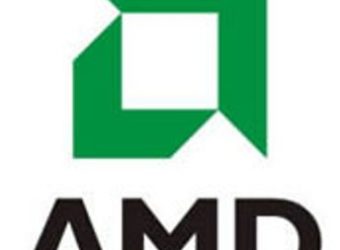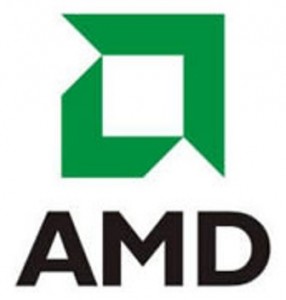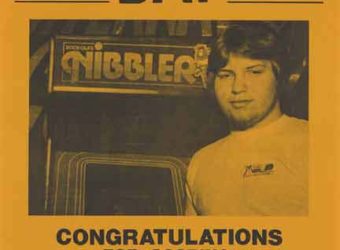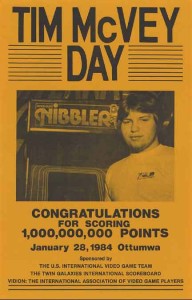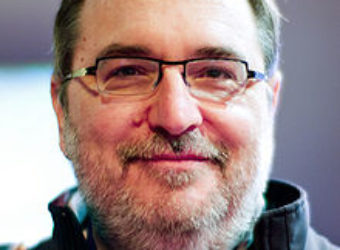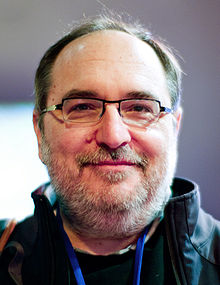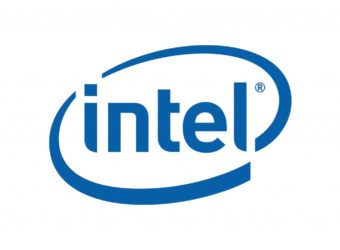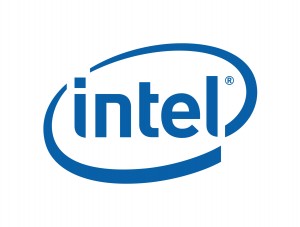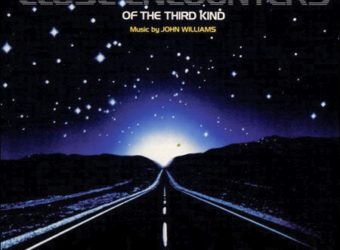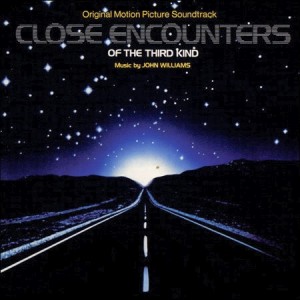May 26, 1998: AMD K6-2 Processor
Subscribe! Spotify | RSS | More
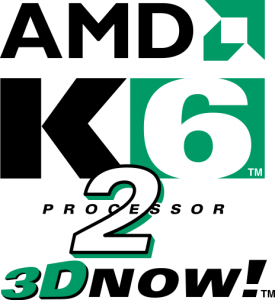
1998 – At the beginnings of the AMD / Intel battle, AMD brought out a processor to dual with Pentium II. The AMD K6-2 processor was a Super Socket 7 pin structure, which also was compatible with older Socket 7 motherboards.
With 9.3 million transistors, the K6-2 had a CPU clock rate of 266 to 550 MHz. Of course, these were single-core processors and had front side bus of either 66 or 100 MHz. The K6-2 also featured the MMX and 3DNow! instruction set.
The K6-2+ was added to keep up with Pentium III processors. The processor line only lasted a year and was ultimately replaced with K6 III.

Subscribe to Day In Tech History:
RSS Feed - iTunes - Android - Spotify - iHeartRadio
Facebook -
- RSS Bandwidth by Cachefly Get a 14 Day Trial
- Join me on Patreon and support Day in Tech History
- AMD released the K6-2 processor
- Samsung announces the 256 SSD
- Psystar files for Chapter 11 bankruptcy
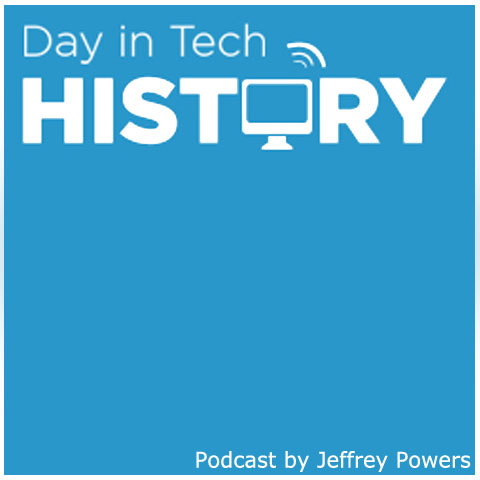
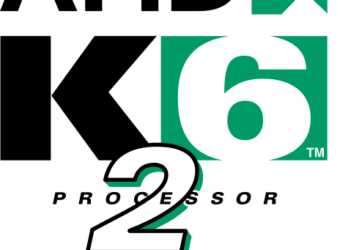

![Shrek[1] Shrek](https://dayintechhistory.com/wp-content/uploads/2013/05/Shrek1-340x250.jpg)




